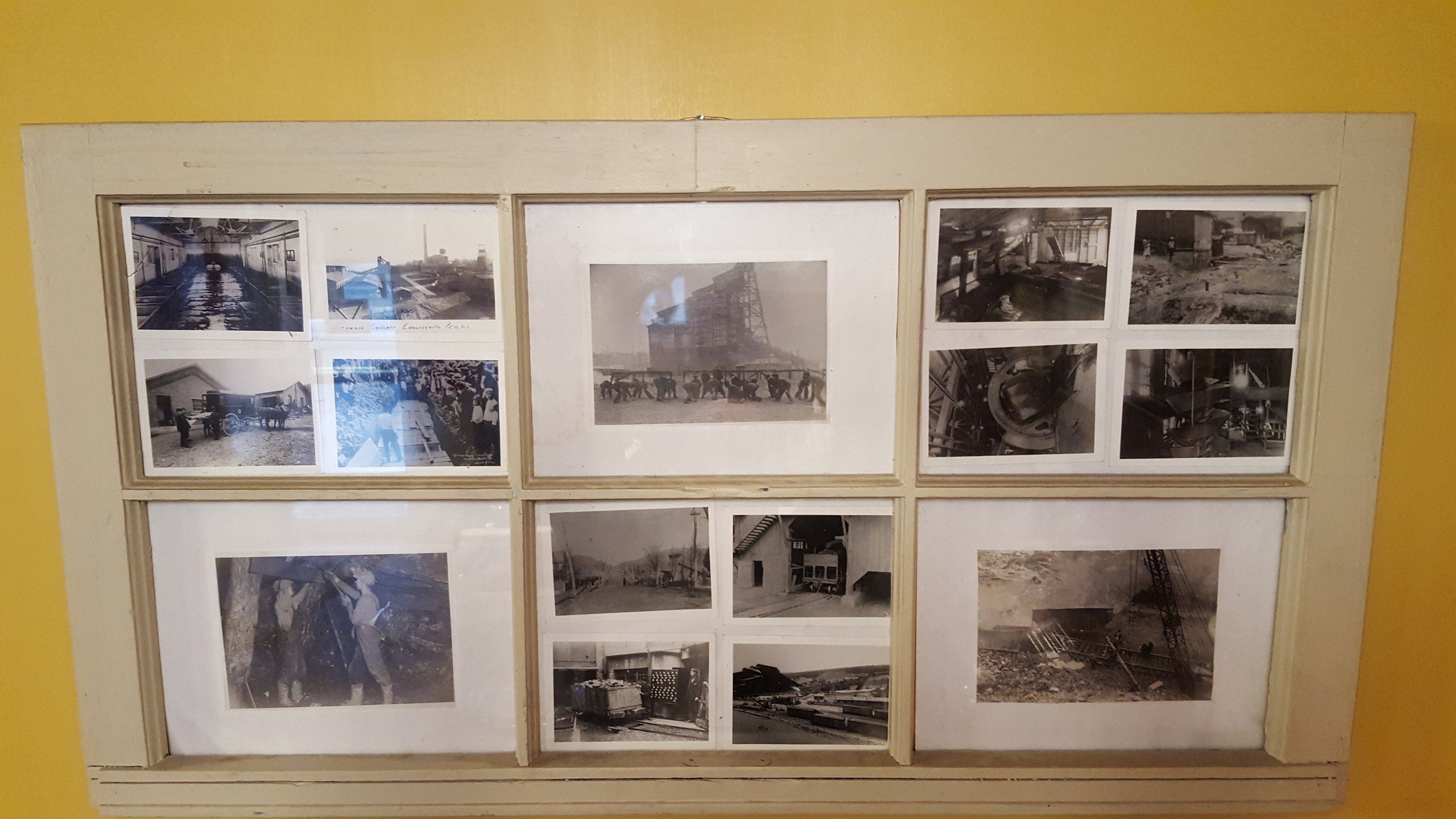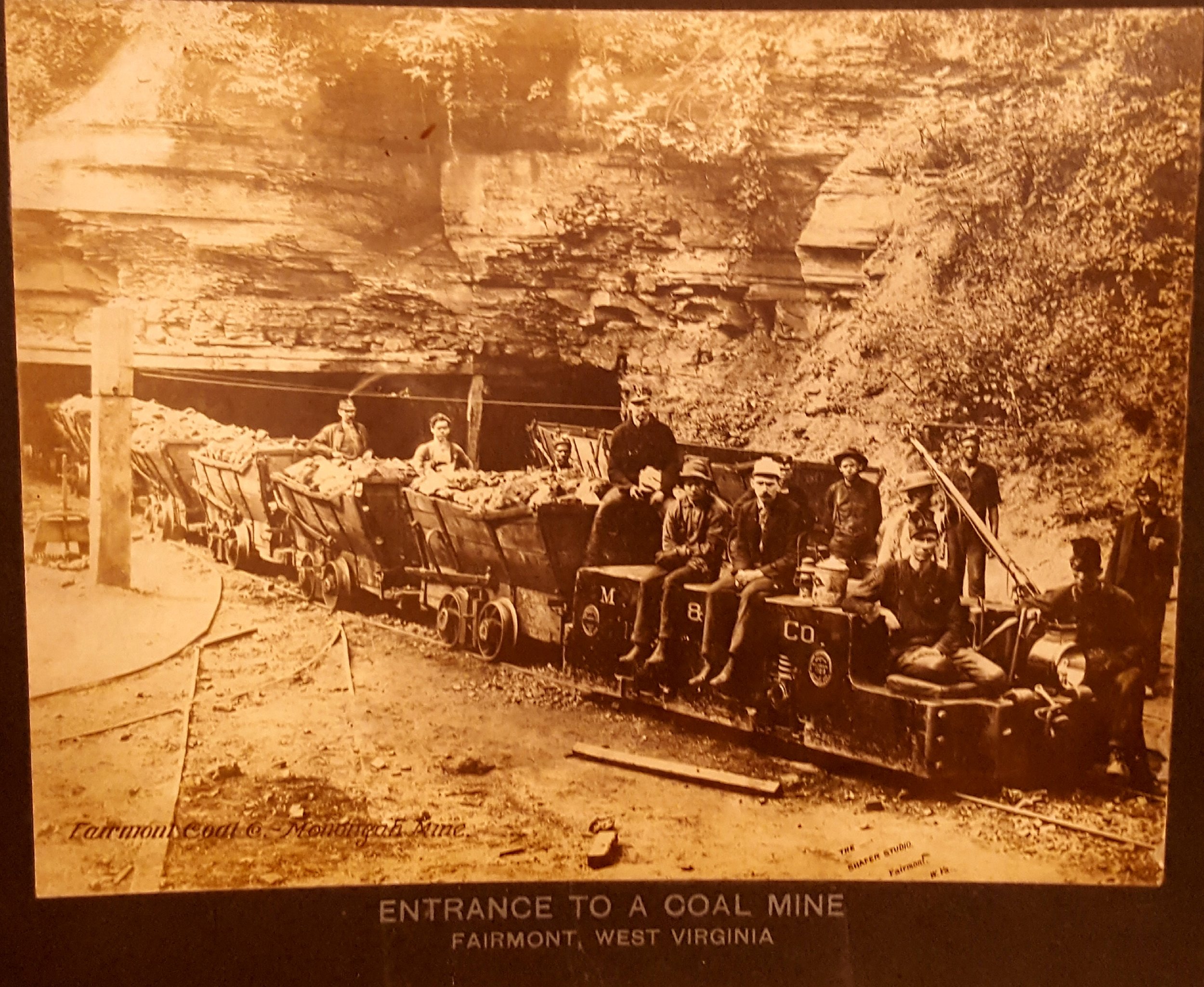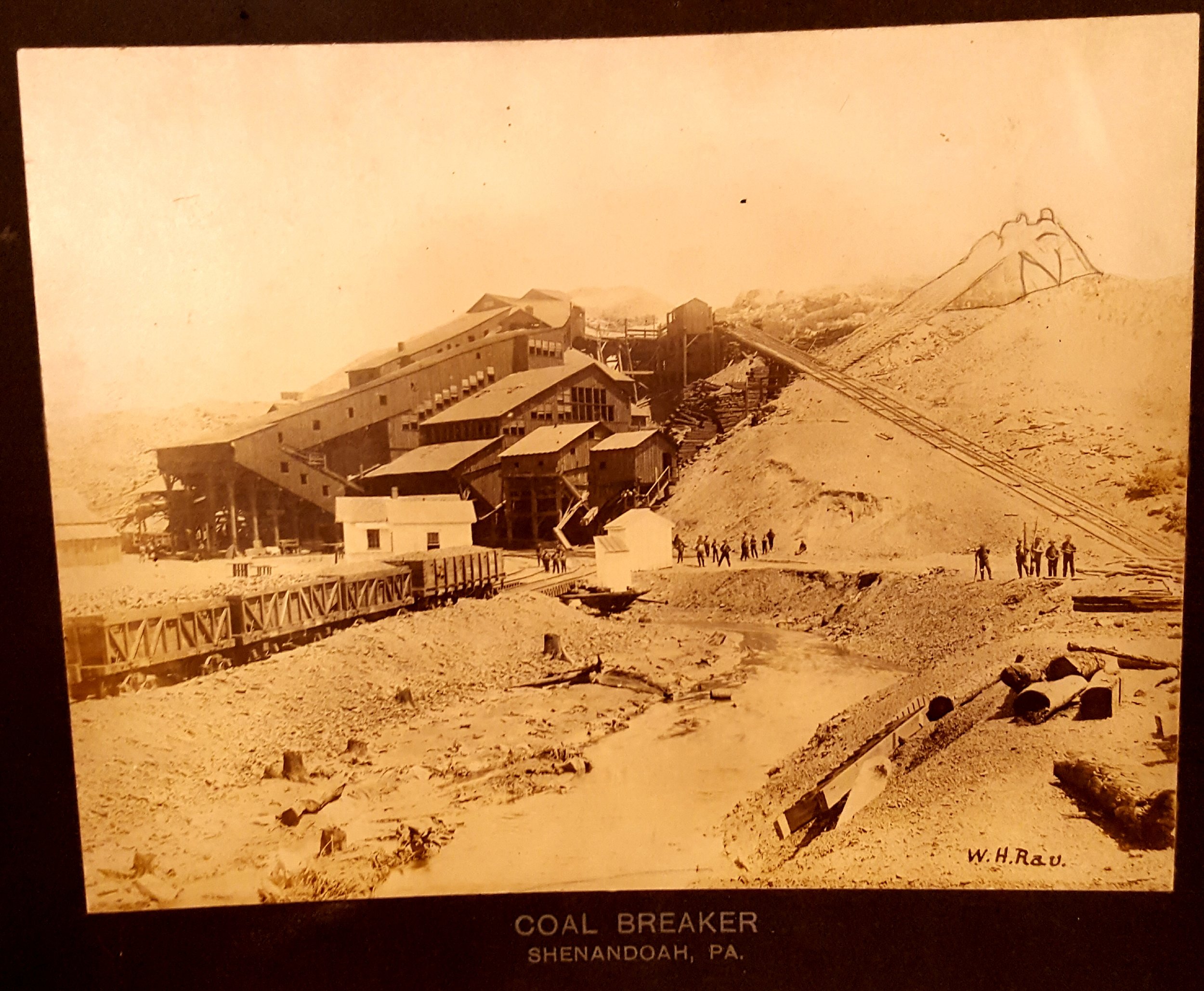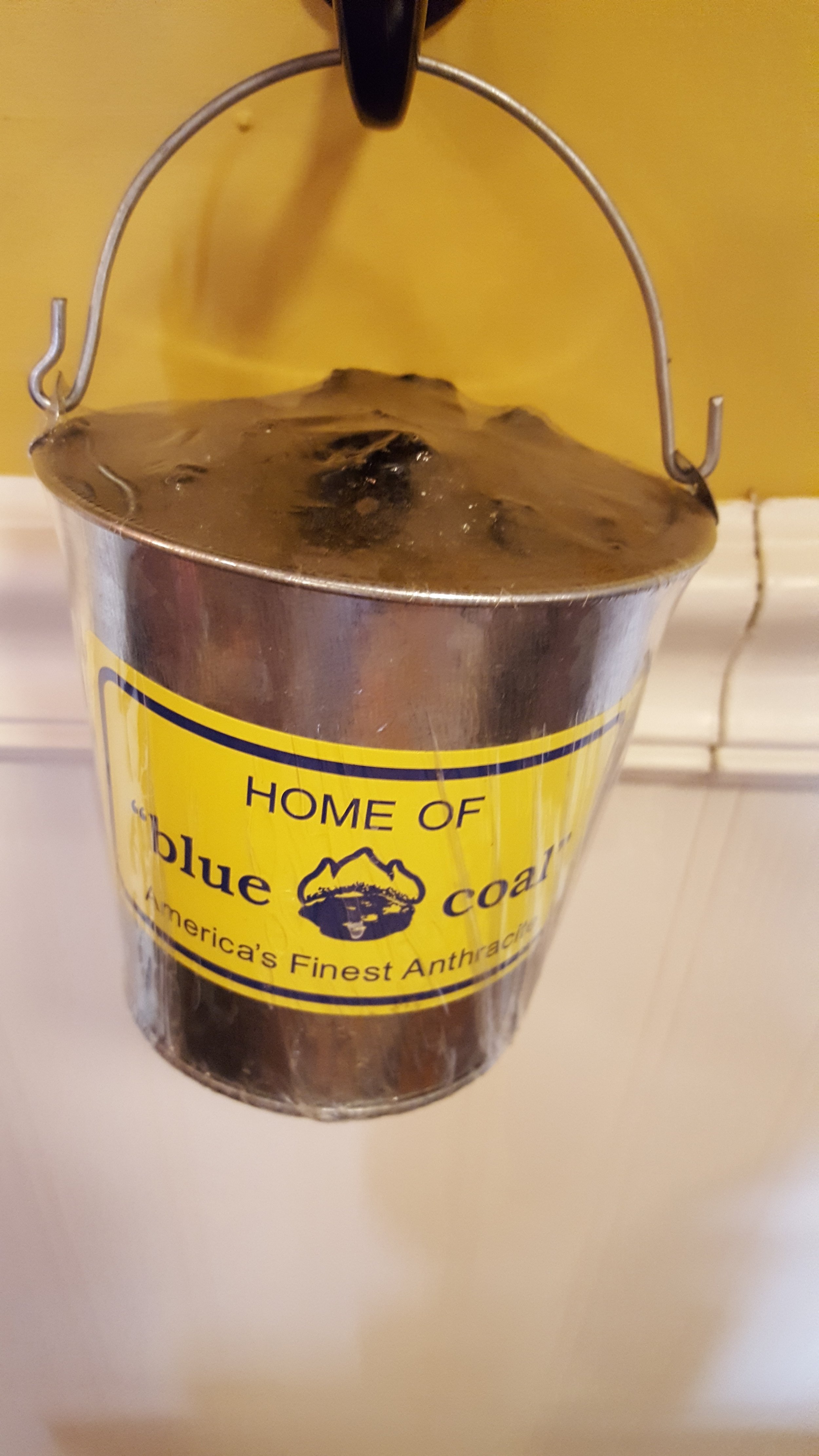The Diamond of the City
/
When Judge Jesse Fell, a businessman and political leader, first burned anthracite coal on a grate in his tavern in Wilkes-Barre, anthracite coal moved from being a fuel for iron furnaces to being a fuel for home heating. This increased demand for anthracite coal “fueled” the demand and an economic boom was begun in Wilkes-Barre.
Wilkes-Barre was called the Diamond City. Because of the abundance of black diamonds coming from the ground created coal mining, manufacturing, and railroad jobs in the region. This industry flourished during the 19th and 20th centuries ending in the late 1950’s and 60’s.
On a shelf in the shop is a lump of coal, a train, a mining diorama, and Mr. Peanut. All representing business and industry resulting from anthracite mining in Wilkes-Barre.
Various photos in the shop depict coal mining around Pennsylvania. When you stop in, please examine each photo to learn more about coal mining in the area.
Coal brought a unique and varied people to the Wyoming Valley. People from all over Europe flocked to the region because of the abundance of jobs in mining, railroad, and other supporting industries. Today, though most jobs in mining are gone, the descendants of these hard working people remain. We do other work, from computers, customer service, logistics, barbering, and even some coal mining. One thing remains the same. The people of the Wyoming Valley still have the hard working ethic thanks to our rich history in anthracite coal mining.










